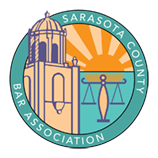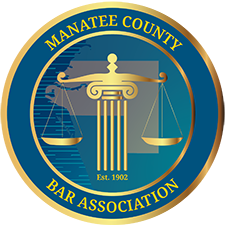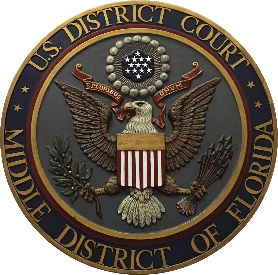Revocable Trusts
Your Estate May Benefit From a Revocable Trust Prepared by Sarasota Attorneys
A revocable trust provides a way for you to control your assets during your life time while at the same time making it possible for your heirs to avoid probate and save on taxes when you die. Even though there are many advantages to this type of trust, and fits some estate planners perfectly, there are important factors to consider before deciding whether or not it will work for you.
Basically, the trust is the owner of your assets. During your lifetime, you control how the assets are managed. At your death, your personal representative distributes your assets in the way you described in the trust agreement.
In order to be effective, your eligible assets must be transferred to the trust so the trust is the owner of them instead of you. Although it is a good approach for assets like bank accounts and real estate to be owned by the trust, there are assets that should not be owned by the trust in order to avoid income tax problems.
At our Wills, Trusts, Probate and Elder Law Firm, PLLC, in Sarasota, Florida, we review your entire estate plan and help determine whether you and your heirs will benefit from a revocable trust. We prepare all the necessary documentation to make certain it will be legally valid and that only the appropriate assets are transferred to the trust.
Important Frequently Asked Questions On Revocable Trusts
A revocable trust is a document (the “trust agreement”) created by you to manage your assets during your lifetime and distribute the remaining assets after your death. The person who creates a trust is called the “grantor” or “settlor.” The person responsible for the management of the trust assets is the “trustee.” You can serve as trustee, or you may appoint another person, bank or trust company to serve as your trustee. The trust is “revocable” since you may modify or terminate the trust during your lifetime, as long as you are not incapacitated.
During your lifetime the trustee invests and manages the trust property. Most trust agreements allow the grantor to withdraw money or assets from the trust at any time, and in any amount. If you become incapacitated, the trustee is authorized to continue to manage your trust assets, pay your bills, and make investment decisions. This may avoid the need for a court-appointed guardian of your property. This is one of the advantages of a revocable trust.
Upon your death, the trustee (or your successor if you were the initial trustee) is responsible for paying all claims and taxes, and then distributing the assets to your beneficiaries as described in the trust agreement. The trustee’s responsibilities at your death are discussed below.
Your assets, such as bank accounts, real estate and investments, must be formally transferred to the trust before your death to get the maximum benefit from the trust. This process is called “funding” the trust and requires changing the ownership of the assets to the trust. Assets that are not properly transferred to the trust may be subject to probate. However, certain assets should not be transferred to a trust because income tax problems may result. You should consult with your attorney, tax advisor and investment advisor to determine if your assets are appropriate for trust ownership.






